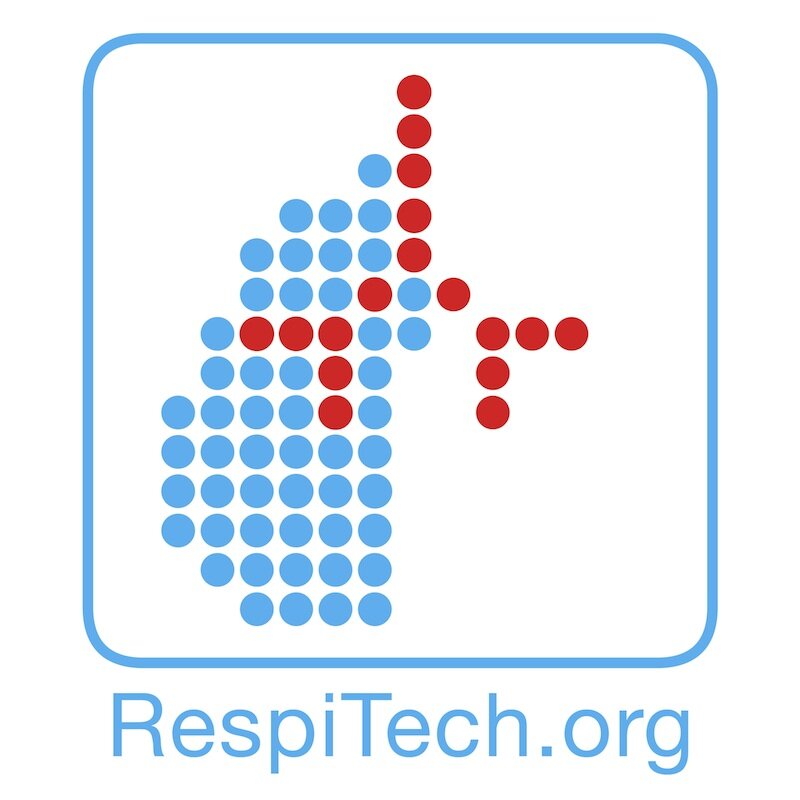Respiratory Technology celebrates its fourth month since establishment at the WIMR.
April has been a short month for the group, with members of the Respiratory Technology team attending the International Society of Aerosol Medicine conference in North Carolina, followed by meetings with collaborative partners on the East Coast of the US. At home, members of the team who supported the WIMRs Student Research Symposia. 80 people attended this years meeting and Dr Mehra Haghi gave a plenary lecture. Yang gave a postgrad talk and Jess and John had posters which attracted significant attention by other attendees, congratulations to all!
Two papers from an international university-industry consortia were published for which we have received amazing feedback and support from the local pharmaceutics and inhalation community; many thanks for all who commented on our media feeds! It was also announced this month that Respiratory Technology and the WIMR have supported the Australian Chapter of the Controlled Release Society by offering to host the 2013 Drug Delivery Australia Conference in Sydney on the 24 and 25 of October (See www.crsaustralia.org and www.facebook.com/DrugDeliveryAustralia for further details).
This month has also seen the appointment of YY and Eric as postdoctorate researchers within the WIMR. YY's research will focus on understanding the mechanisms underpinning drug interactions at a cellular level, with a view to treat chronic infection and hypermucosal secretion at the epithelia, while Eric will focus on the dynamics of particle production in combination inhalation systems. We welcome both! Additionally the group would like to introduce and welcome two new research students, Ningyi Xu and Giula Ballerin. Ningyi is undertaking a project looking at the dynamics of pMDI aerosol droplet formation and will be co supervised by Eric, while Giulia, co-supervised by YY, is studying new approaches to enhance clearance of mucus in patients with COPD and Cystic Fibrosis.
The month ahead; May looks to be an interesting month with the launch of a new group-initiative and the ramp-up of a new area of research (watch this space…). Additionally, members of the team will be attending Respiratory Drug Delivery in Berlin towards the end of the month. See you there…





